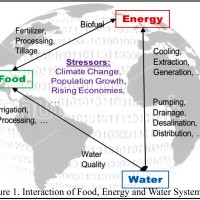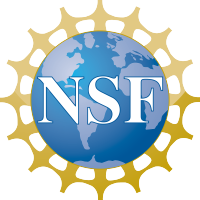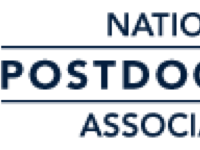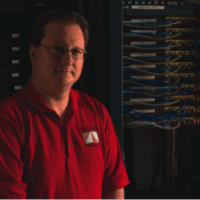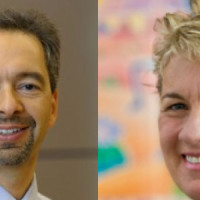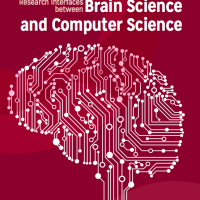CCC White Paper: Systems Computing Challenges in the Internet of Things
The Computing Community Consortium’s (CCC’s) Computing in the Physical World task force has just released a community white paper on Systems Computing Challenges in the Internet of Things. The task force, led by CCC Council Member Ben Zorn from Microsoft Research, is looking at the core research challenges presented by the Internet of Things (IoT). This white paper highlights these challenges and provides recommendations that will help address inadequacies in existing systems, practices, tools, and policies.



